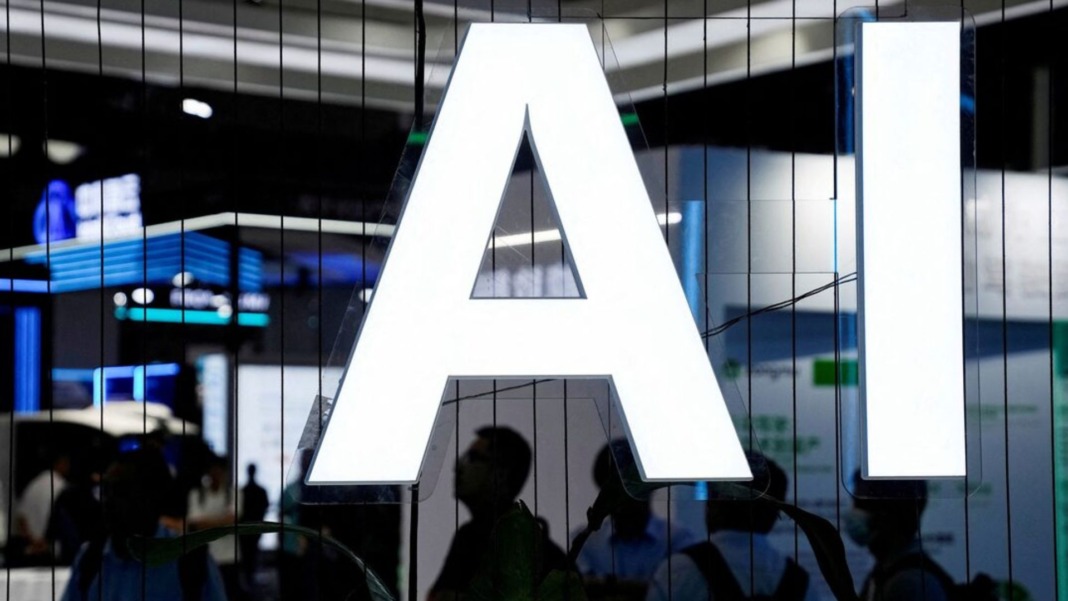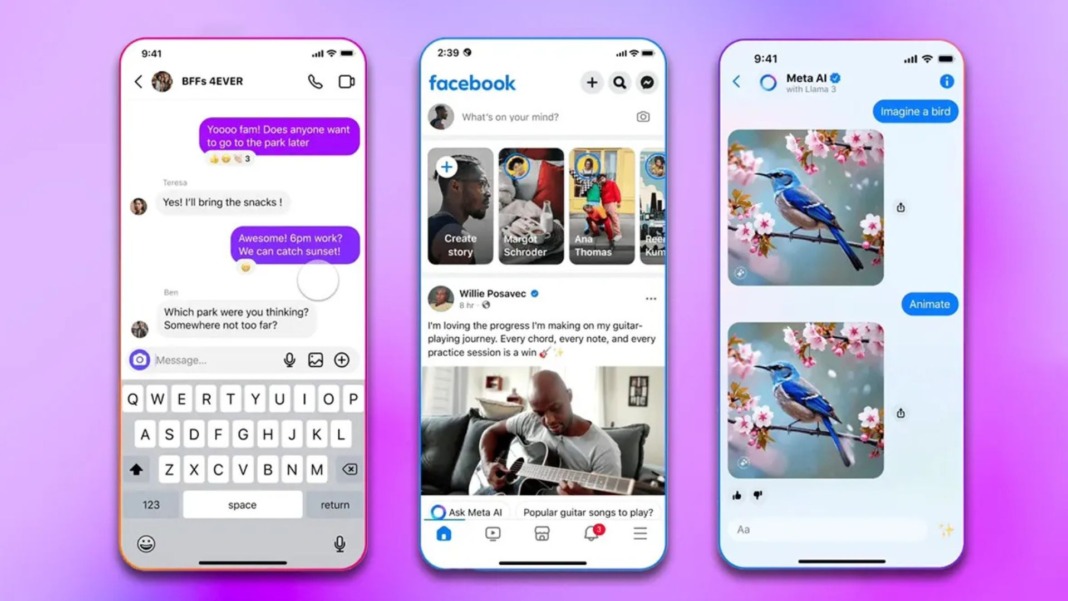Chinese technology giants are quickly moving to offer services built on the open model context protocol (MCP). This new system helps AI agents work more smoothly with online tools, data, and systems. This could help more businesses use AI practically, beyond chatbots and simple tools.
Alipay and Ant Group lead the way
Ant Group, which operates the Alipay payment app and is linked to Alibaba Group, recently introduced its “MCP server for payment services”. This new feature allows AI agents to connect directly with Alipay’s system, so users can make payments, check payment statuses, or request refunds using everyday language.
The company explained that MCP lets applications give useful data to large language models (LLMs), like the kind behind tools such as ChatGPT. At the same time, it keeps these models working safely and within set limits. Ant Group compared MCP to a “USB-C port for AI”, standardising how AI models work with different data tools and services.
This move shows how major Chinese tech firms focus on AI agents as the next step in innovation and business growth. These AI agents do more than respond to questions—they can carry out tasks on behalf of users, creating plans and managing smaller jobs using different online tools and resources.
Growing support for MCP across China’s tech sector
MCP was first introduced in November last year by US AI start-up Anthropic. It is a middle layer connecting AI agents to data systems such as content libraries, business software, and development tools. AI agents can now perform tasks using a wide range of real-world data.
Chinese companies are now adding this technology to their platforms. Ant Group said its development platform, Tbox, already supports more than 30 MCP-connected services. These include Alipay and Amap Maps features and links to international services like Google MCP and Amazon Web Services (AWS) knowledge tools.
Earlier this month, Alibaba Cloud—Alibaba’s cloud and AI division—launched its own MCP marketplace using its AI hosting platform ModelScope. The marketplace now offers over 1,000 services. These include connections to maps, office software like Slack, cloud storage, and tools from Google Workspace. This makes it easier for developers to build more advanced AI features without starting from scratch.
Baidu, another Chinese tech firm best known for its AI and search engine services, has also confirmed its support for MCP. The company said the technology will help create a wider range of uses for AI tools and services, making them more helpful in daily life and work.
AI agents become more like real assistants
The increased use of MCP across China’s tech industry supports the view of Red Xiao Hong, founder and CEO of Butterfly Effect—the company behind the well-known Manus AI agent. She believes AI agents are “more like a human being” than standard chatbots. That’s because they think and reply to questions, interact with their environment, collect feedback, and use it to improve future actions.
As Chinese companies continue to invest in MCP-based services, the country is setting the stage for AI agents to become a key part of how people use technology. This shift marks a move from simple chatbots toward more advanced, task-based systems that can help users more meaningfully.
With leading names like Alibaba, Ant Group, and Baidu on board, China is positioning itself at the forefront of global AI development. MCP could play a key role in shaping how AI supports real-world applications in business and daily life.





